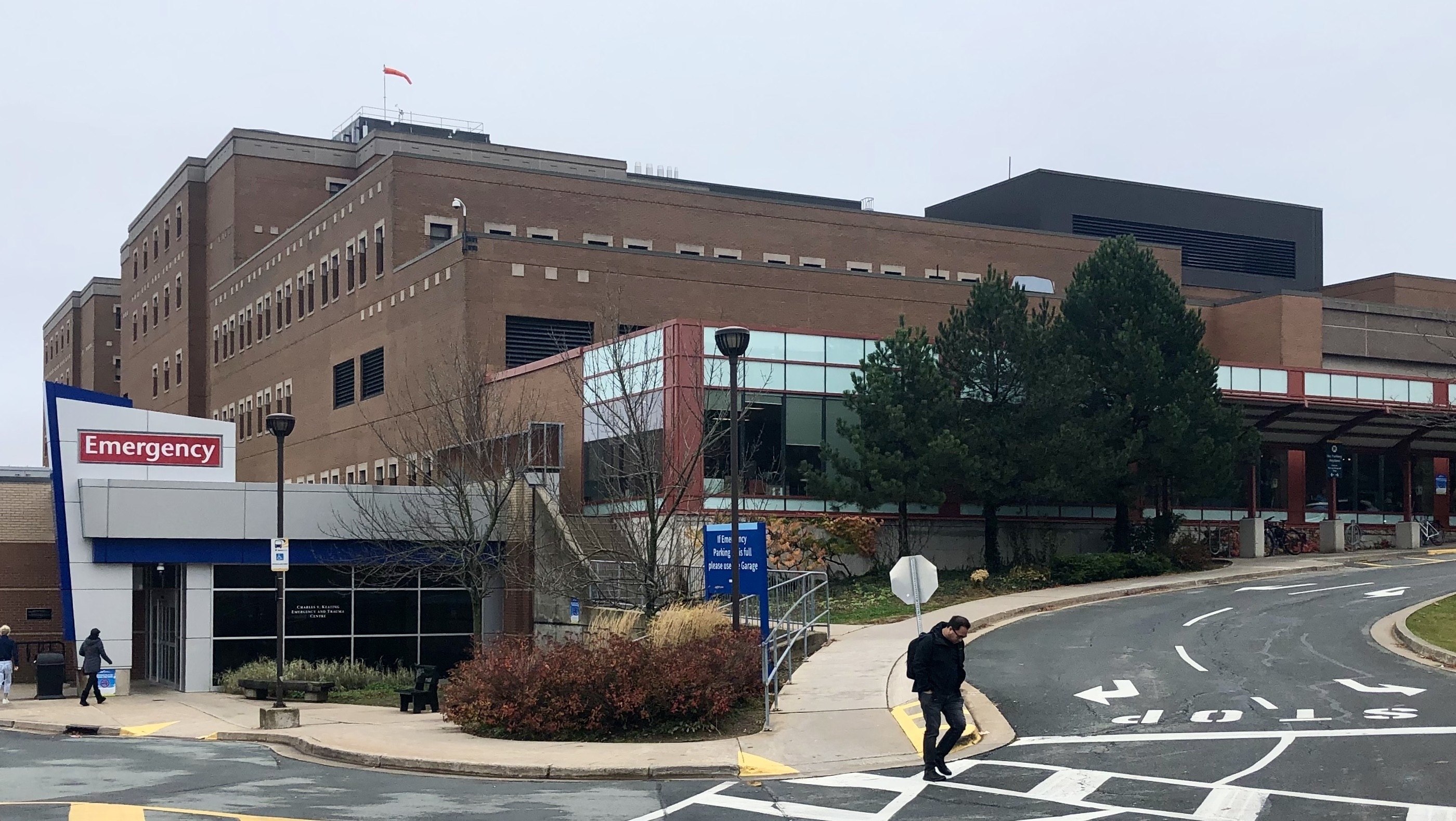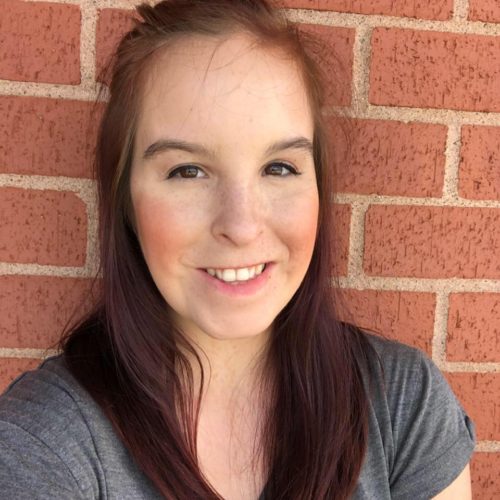Group works to improve patient safety, communication in Nova Scotia
Nova Scotian patients meeting with minister of health Tuesday

caption
The QEII Health Centre, where McGee goes for treatment.Robin McGee found it “appalling” that doctors missed her cancer not once, but twice.
“It was like being struck by lightning twice,” said McGee.
McGee wrote about her first cancer diagnosis in her book, The Cancer Olympics. Between 2008 and 2010, four doctors failed to catch her colorectal cancer in an early stage. When she was eventually diagnosed in May 2010, it was in Stage 4.
After six years in remission, it came back in 2016. Doctors initially missed the cancer on the CT scan, McGee said, but a PET scan caught it in May 2017.
“I used to say to people, ‘if this were Hollywood, people would just send it back and say this could never happen in real life,’” she said.
On Tuesday, she and seven others are meeting with Nova Scotia’s minister of health. They plan to share their stories and discuss the importance of doctors communicating with their patients.
The meeting was organized by Patients for Patient Safety Canada, a volunteer-led program with the Canadian Patient Safety Institute. Similar meetings are happening this fall across the country. The groups hope the meetings will help improve patient care in Canada.
Patients for Patient Safety Canada was formed in 2006. The group’s members are patients or family members who have experienced some sort of harm in the health-care system. The group works with health-care providers to create better patient-doctor communication, transparency and partnerships.
McGee has been with the group since 2013, motivated by her personal story.
“When I had my radiology error, one of the things I was told was that radiology errors are so rare they don’t keep any data on them,” McGee said. “My response, of course, was ‘how do you know they’re rare if you don’t keep any data on them?’”
‘We will experience improvements’
When something in the hospital goes wrong, preventable or otherwise, it’s called a patient safety incident. The more extreme incidents are called serious reportable events, or SREs. These include suicides in hospitals, an object being left inside a patient after surgery or a patient falling in the hospital, causing their death.
The Nova Scotia Health Authority and the IWK Health Centre began making SRE data publicly available in January 2014. Between then and June 2019, there have been 646 SREs in Nova Scotia — approximately 117 a year.
These incidents are part of what the Canadian Patient Safety Institute is working to prevent. When they do happen, McGee wants victims of health-care harm to take part in the investigation. She also wants them to receive a doctor’s apology in writing.
According to the Nova Scotia Health Authority’s policy on Disclosure of Patient Safety Incidents, an apology from a doctor is “not an expression of liability.” In disclosing an incident to a patient, doctors must explain what happened, display empathy and give the patient an opportunity to ask questions.
Heather Fairbairn, a spokesperson for the Department of Health and Wellness, said quality care and patient safety is “of paramount importance.”
“It is embedded in everything we do,” she said in an email. “We recognize we can always do more to enhance the experience for patients and we continue to work with our partners to ensure Nova Scotians receive high-quality care.”
McGee plans on sharing her cancer story in the 90-minute meeting with Health Minister Randy Delorey. She wants to stress the importance of patients being “treated respectfully,” should they experience an adverse event while in care.
“I know that as we go forward, we will experience improvements in, say technology,” she said. She believes that as technology improves, communication will improve.
“It all boils down to communication.”
About the author

Kristin Gardiner
Kristin is a Prince Edward Islander currently working in Halifax. Her journalistic interests lie in copy editing and longform features.
W
Wendy Moscovitch
W
Wendy Moscovitch